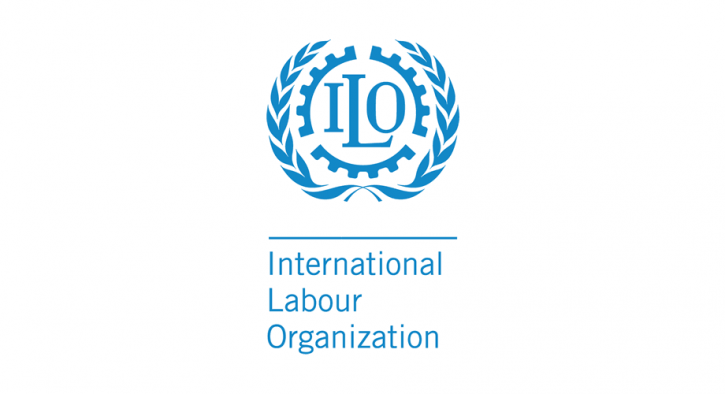Women hit hard by Covid-19 impact on garment sector
BI Report || BusinessInsider

File Photo
The impact of Covid-19 on women in the garment industry has worsened due to underlying challenges including discrimination and harassment, underrepresentation of women’s voice, wage gaps as well as unevenly shared unpaid care and family obligations, according to a new brief from the International Labour Organization (ILO).
Entitled Gendered Impacts of Covid-19 on the Garment Sector, the brief aims to raise awareness of the gendered reality of Covid-19 and to outline how the pandemic impacts women and men workers in the garment sector.
“Women account for approximately 80% of the garment sector workforce, so they are heavily affected to start with by many of the impacts of the Covid-19 pandemic,” said Joni Simpson, senior gender specialist for the ILO’s Regional Office for Asia and the Pacific.
“However, women also experience additional impacts due to the existing challenges they face in the workplace as well as expectations regarding women’s obligations in the home,” Simpson added.
Recent ILO research highlighted how major buying countries’ imports from garment-exporting countries in Asia had dropped by up to 70% in the first half of 2020, due to Covid-19. This has led to a sharp increase in worker layoffs and dismissals while factories that have reopened are often operating at reduced workforce capacity.
The Asia-Pacific region employed an estimated 65 million garment sector workers in 2019, accounting for 75% of all garment workers worldwide, the news brief adds.
In a study conducted on garment workers in Bangladesh, Cambodia, Kenya, Lesotho, and Vietnam, ILO’s Better Work project found that waged employment helped advance women’s empowerment in societies considered to be highly gendered.
Women’s employment in Better Work factories has enabled them to improve their leverage and influence in household spending and decision-making and has increased men’s participation in unpaid care work. However, given the potential, and perhaps sustained, loss of employment due to the coronavirus, opportunities for women’s continued empowerment may decrease as workers lose their financial independence and, in some cases, become dependent on their families.
“Women constitute 60% of the workforce in the Bangladesh ready-made garment industry. A drop in women’s employment will not only impede their economic and social empowerment, but will also give rise to a shortage of experienced, loyal and skilled workers in the industry,” said Tuomo Poutiainen, country director of ILO Bangladesh.
Jessica Wan, a Better Work gender specialist, said it is crucial that governments, businesses, and other stakeholders understand the multi-dimensional impacts of the Covid-19 pandemic on both women and men workers, and design policies that enable a smart, sustainable and gender-responsive recovery.
“Otherwise, the Covid-19 crisis threatens to exacerbate pre-existing inequalities and will hamper the social and economic sustainability of the garment sector,” she added.
























